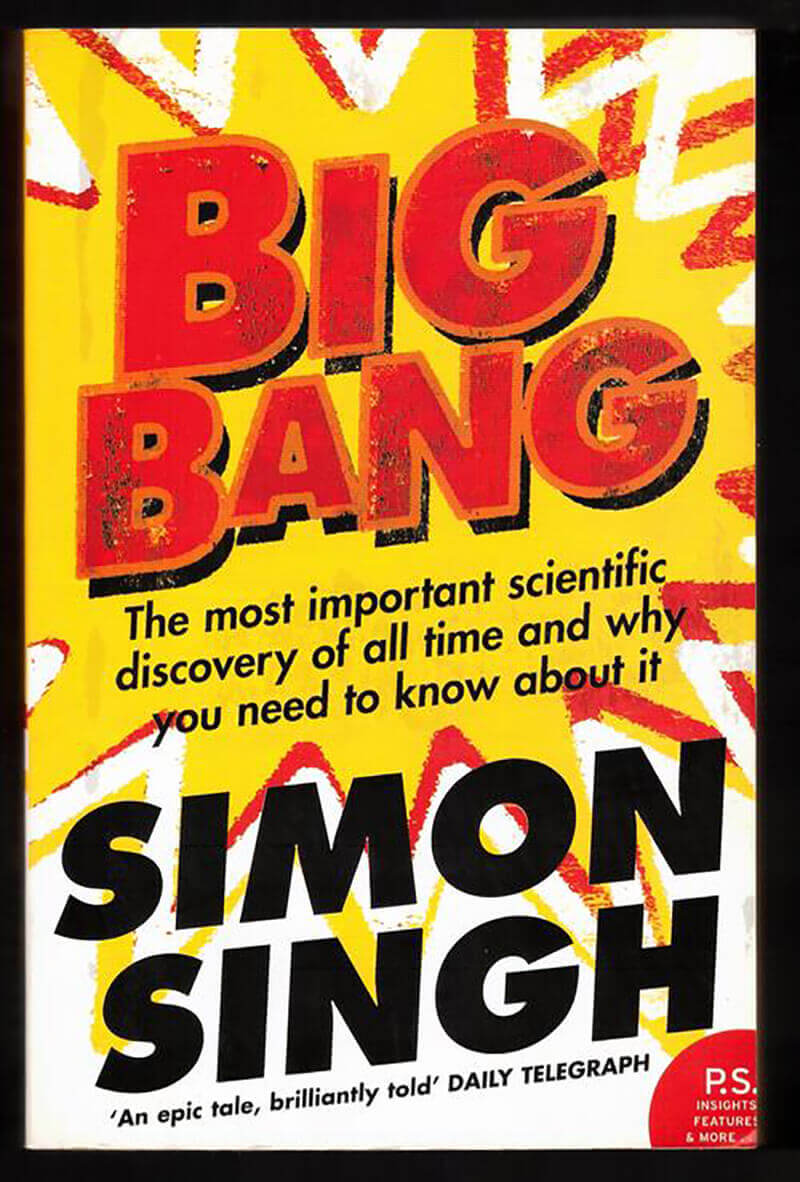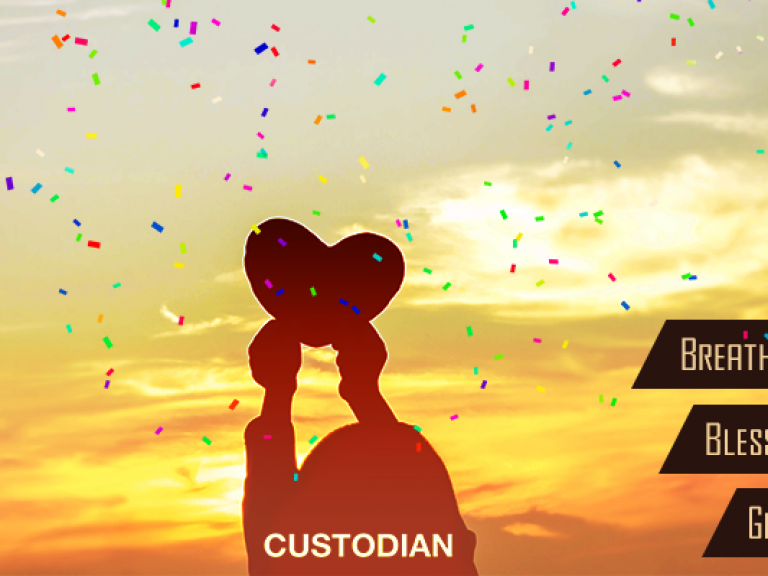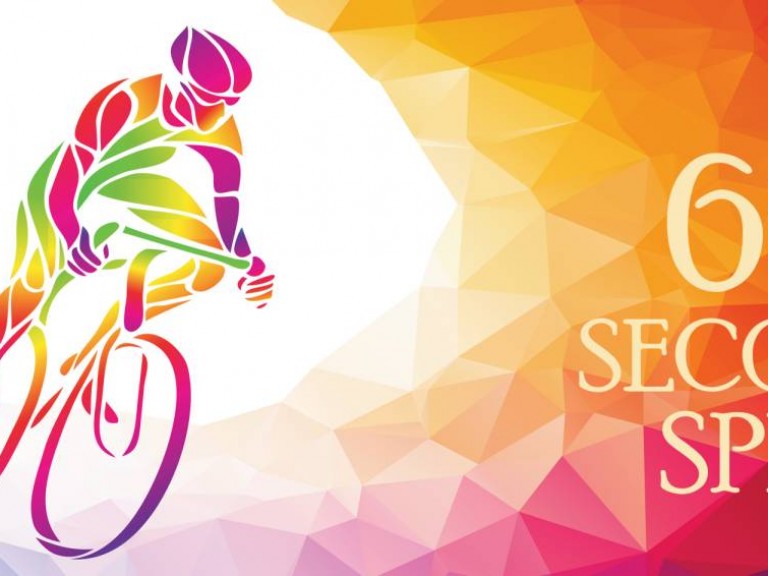The Serious Game

A story is told by Simon Singh (Big Bang) of how Grace Burke, daughter of a millionaire banker, fell in love with Edwin Hubble, arguably the greatest astronomer of the twentieth century, whose discoveries changed the face of astronomy and cosmology. She first saw him staring intently at a photographic plate showing a field of stars, and later recalled: There was a sense of power, channelled and directed in an adventure that had nothing to do with personal ambition and its anxieties and lack of peace. There was hard concentrated effort and yet detachment. The power was controlled. This is a perfect portrait of a man in the grip of the ‘serious game’.
Two of the main killers of motivation – and persistence – are loss of joy and loss of peace. If motivation is a calculation of whether it’s worthwhile putting in discipline and effort and time into pursuing a goal, enjoyment, satisfaction and peace are big things on the ‘benefits’ side: take them away, and the costs and sacrifices are going to loom large. And when you’re in the middle of the journey and trying to find the motivation to carry on, despite periods of slow progress and setbacks, let’s face it: you’re going to ask yourself, ‘Am I having fun anymore?’ If you’re not having fun – if you’re not being happy – what’s the whole success thing really about?
It’s a ‘serious game’. One of the underlying aims of being successful is to be happy. Your success journey – which is your life – is supposed to be an adventure of discovery and usefulness and fulfilment and friendship. The game needs to be played with passion, commitment, seriousness and discipline. But it needn’t be a process of unrelieved slog, desperation, frustration, loneliness and unrewarded sacrifice. If that’s how it’s been for you – or if that’s how it comes to seem for you – you’re just not going to be able to carry on. Why would you? We can be heroes: we don’t have to be masochists or martyrs.
Let Go Of The Judgement – And Hold On To The Joy

I introduce the concept of ‘detachment’: letting go of our ego’s tendency to focus on the results (and, more frequently, on the fact that we haven’t yet achieved the results), rather than enjoying and benefiting from the journey. The concept may seem a bit ‘new-age’, but this is where the rubber hits the road. If you wake up one morning and find that you have ceased to enjoy your success-focused activities; you feel depressed and anxious and frustrated about your prospects of success; tempted to chuck it all in rather than keep slogging on as you are… then it’s a sure bet you’ve become too attached.
Attachment means you are too invested in a particular set of results: anything else, anything less, gets labelled as ‘failure’. It doesn’t matter whether it represents progress, or provides you with new resources, points you in a different direction or brings interesting people into your life. It doesn’t matter whether it is satisfying and enjoyable in itself. If it’s not the result you ‘needed’, it’s wasted. You don’t learn the lesson from it, you don’t get the feel good factor from it: you look straight through it – to the target you ‘failed’ to hit. Cut straight to the disappointment and frustration…
There’s a Sufi saying that you should welcome success and failure with the same response. That is likely to sound positively unnatural to many of us in the West – but in fact it is a profound truth of the human heart. We can only really be happy when we let go of our anxious striving for what might be – and our disappointment and frustration over what might have been – and accept what is.
If we say to ourselves that we will be happy when we have reached a particular goal or destination (when we’ve lost weight, when we’ve had a family, when we’ve become rich) – we are robbing ourselves of the possibility of being happy now, along the way. We are robbing ourselves of the particular happiness of the journey: the lessons learned, the small wins, the fellow travellers met, the thousand things life gives us every day if we only pay attention. And if (as happens) we never reach the particular goal or destination, we have – quite simply – robbed ourselves of the possibility of being happy. We have branded ourselves a failure – in our own eyes and in the eyes (we think) of everyone we have told about our goal. What needless torment!
There are stories of people who have climbed Everest (literally as well as figuratively), only to get to within 200 metres from the peak and have to turn back. I don’t think of that as failure. Do you?
I set lots of goals that I don’t achieve. Whenever I play sport my goal is to win: I often don’t. Nevertheless, I’m happy if I’ve enjoyed the game. It’s the same in business: I’ve had wins and losses, and I’ve taken detours that meant I haven’t achieved some of the goals I’d set myself – but, looking back, I’m not sure I’d do anything differently, with the information and resources I had at the time. More importantly, I don’t see myself as having ‘failed’ at something: I’ve merely achieved something else, something different than I originally planned – occasionally, something better than I could have planned. And I always got what I needed to prepare me for the next step.
Goals are important. They give us direction and get us moving. But they are not the only place it’s worth our ending up! Nor is there only one way to get where we want to go.
We need to set the plan in motion – and then detach ourselves from the results and see where the plan (carried out with all our awareness, commitment, discipline and enthusiasm) takes us. Because if we act with awareness, commitment, discipline and enthusiasm, we will fully live the journey – and anywhere we end up will be worthwhile!
Going with the flow isn’t as easy as it sounds...
Like self-acceptance, the problem of attachment isn’t one you can wave a magic wand at. It’s deep stuff. We become attached to things, and outcomes, out of long-held fears and insecurities. We want desperately to believe that we’re in control of something – anything – in our lives. We hang powerful meanings and labels on particular outcomes: we’ll be successful if only we can do this; we’ll feel good about ourselves if only we have that; we’ll finally earn the love and approval we missed, if we can only achieve these results…
And then, we’re conditioned to believe from a very early age that achieving success in life is a grim, serious, win-or-lose business. Think of all the messages we get. Our parents worked hard and made sacrifices – and maybe ended up owning their own home. Fun never put bread on the table. You’ll never get anywhere unless you take control. No pain, no gain. There’s no prize for second place. Life isn’t a game. No wonder we end up over-controlling, over-responsible, self-judging and frustrated! Life is a game – or can be seen that way. The challenge is to play it.
Just Do It

There’s no recipe for letting go. You just have to do it – and experience it. Experience how much lighter you feel. Experience how much more enjoyment you get out of everyday life, when you focus on the many gifts it offers – not the one thing that you wanted and didn’t get… Experience how, when one door closes, another opens. Experience how the world doesn’t end when you make mistakes and take losses. Experience bouncing back and moving forward.
• Detachment works. Just give it a go – in small things, at first – in a spirit of experimentation or play or practice. The payoffs will make it easier and easier, as you lay some of your baggage down – and find that you don’t need to take it up again.
• Remind yourself that you are not in control of everything. There are things you need to be responsible for – and things you don’t need to make yourself responsible for. I like the ‘Serenity Prayer’ used in Twelve Step programmes: ‘God grant me the Serenity to accept the things I cannot change; the Courage to change the things I can; and the Wisdom to know the difference.’
• Don’t set ‘heavy’ goals. Goal setting shouldn’t be life-or-death, glory or humiliation: way too much pressure! Decide that you want to be happy and useful. Set SMART goals for the short-term – and be content to see where they take you.
• ‘Count your blessings’. If your eyes are focused on your destination, you can easily forget to enjoy the scenery along the way. If you miss your mark, you can easily chalk it up as a failure and write it off – instead of seizing hold of the lessons, resources and pleasures you got along the way. Make it a habit to take inventory of the good stuff that comes to you, and that you make happen, every day – especially the ‘bad’ and ‘hard’ days… I know people who keep a Positive Book or a Gratitude Book: a notebook where, every day, they write down at least one thing to be thankful for, or to be proud of, or to take into the future and build on, arising from that day. At least one thing enjoyed, or learned, or achieved, or appreciated…
• Lose the baggage! Some years ago, I ran a series of weekend workshops for corporate executives and professionals who wanted to take their success to another level. One of the most surprising and powerful sessions was what I called a ‘Letting Go Ceremony’. We discussed what was holding us back and then individually mind-mapped around this area. Each person had to break it down to one thing they needed to let go of, in order to be free to succeed. We wrote it down on a piece of paper, then one by one, we came to the front of the room, named what it was we wanted to let go to the group – and then put the piece of paper in a small fire… It was so emotionally powerful. I was amazed at how many of these successful guys needed to let go of the ‘hold others had over them’… of the fear of not meeting the expectations of their parents or spouses… of leaving someone unhappy or disappointed… Anger and resentment, too, can be millstones around our necks. We need to let them go. Teachers like Jesus and the Dalai Lama teach forgiveness of others as the only way for us to be free, to stop being victimised by the wrongs done to us. Let them go…
• Have a go! If there’s something you want to do, just do it! The price of failure is almost never as high as we fear it’s going to be. We’re not talking about betting the family home, here: of course, you need to assess and manage risks – and avoid consequences that are too costly, especially where they affect others. But it’s often not a question of that. It’s a question of your stepping out and trying something, where the biggest downside risk is that you’ll make an idiot of yourself, or suffer a temporary setback or knockback. Often, it’s not really the consequences that are holding you back: they’re not that costly. It’s the fear. And the only way to conquer fear is to face it. So, if there’s something you don’t want to do, just do it! Do the thing you fear, or the thing you dislike (if it’s potentially useful, and congruent with your core values) – and learn, from experience, that you can live with the consequences. You may even be able to laugh about them. Embarrassment doesn’t kill you. Rejection doesn’t kill you. Having to change your plan doesn’t kill you. This is a great lesson. It enables us to try new things and develop new resources. It can even enable us to get to like things we have disliked or feared – which is incredibly useful for our success activities: discipline with reduced discomfort!
• Do what you like – and like what you do. Success doesn’t have to go ‘against the grain’: use the things you enjoy and are good at – and learn to enjoy and do new things. Someone wrote a career guidance book some years ago called ‘Do what you love and the money will follow’. I’m a believer in that concept.
• See it as a game. When we’re playing a game – however serious about it we may be – we are able to see that it’s not just about winning or losing, but about playing well and enjoying the game. We’re able to say: ‘it was worth a gamble’ and ‘you win some, you lose some’. We’re able to say: ‘I gave it my best shot’ and ‘better luck next time’. Whether we’re putting money down, or putting our bodies on the line, or just dead keen to win, we know (deep down) that a game is still a game. We need to try and put some of that detachment into our success journey. Detachment doesn’t come over night. We have a lot of un-learning to do. But we can practise detachment – as an experiment, a challenge, a game. Over time, the release will come.
>>> Coming Next: What's With The Impala?
Please note: This is an extract from the Success From Scratch – it may not contain the exercises from the full version of the book/audio set, for full version please contact us or follow our blog for more.
Thank you,
The team@Custodian








